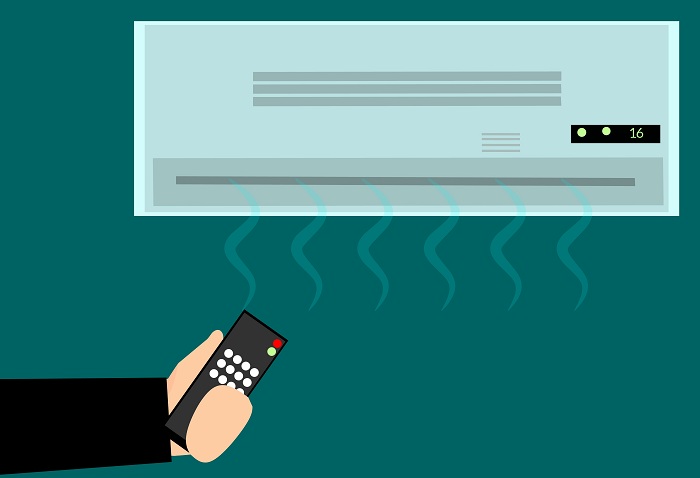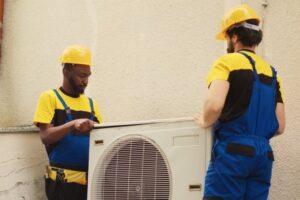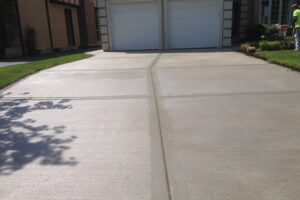Air conditioners have become a must-have system in most modern homes. Keeping your house at a comfortable temperature has become important to almost all homeowners, young and old.
Air conditioners range from large central systems to small plug-in units that stand on the floor or mount in a window. You can find an air conditioning system for a single room up to the entire home.

Table of Contents
How Do Air Conditioners Work
Air conditioners have come a long way since their inception. Regardless of brand or size, air conditioners work by drawing in warm air, and blowing it over cold coils, which removes the heat from the air and forces the cooler air back into the room.
While this is a very simplified explanation, you don’t have to be an HVAC technician to enjoy the benefits.
Central Air Conditioning
A central air conditioning system is the largest and most expensive. It is made up of two units, a condensing unit and an evaporative unit.
The condensing unit is a large appliance located outside your home. It contains the compressor, condensing coils, and a condensing fan. The evaporative unit is located to take advantage of the existing ductwork of your heating system.
The advantages of a central air conditioner are that it can efficiently cool your entire home, and the noisiest parts are located outside. The downside is that they are expensive to install and must be properly sized for your home.
Don’t neglect other ideas or strategies that can help cool your home and get the most out of your air conditioner.
Ductless Split Air Conditioners
A split system breaks the air conditioning process down into two units. The condensing unit is located outside the building. It includes the compressor, condenser, and condenser fan. The evaporative unit is located inside and takes care of the air conditioning and distribution.
If you choose to install a central air conditioning system, be sure to only work with a licensed contractor.
You can purchase a unit with or without an inverter. A unit with an inverter has a variable-speed compressor. This means that when the room has reached the ideal temperature the compressor motor can run slower and save electricity.
In a unit without an inverter, the compressor will run at a constant speed until the desired temperature is reached and then shut off. When the room warms the compressor turns on again. It is constantly on and off, using more energy
Air conditioners with an inverter cost more upfront, and save money on electricity bills throughout the life of the product. They have higher maintenance costs as well as and replacement parts like filters are often more expensive. They are ideal if you will be using the a/c for more than 15 hours a day.
Air conditioners without an inverter are less expensive but cost more in electricity over the life of the product. Traditional non-inverter units use normal air filters and generally require less maintenance. The cost of spare parts is generally less. These are ideal for occasional use, or if you use the system 10 hours a day or less.




